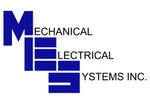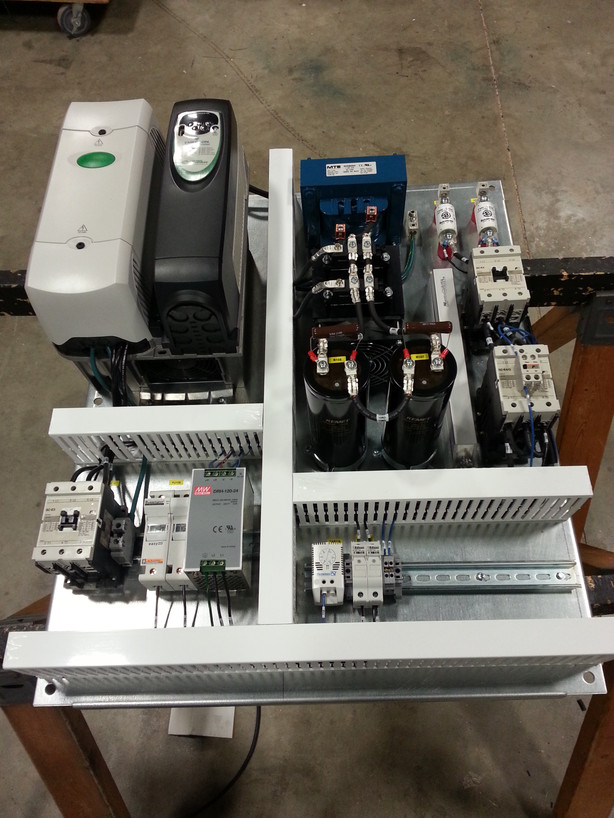DC to AC drives conversion
With AC drives becoming more and more popular in the drive industry, larger horsepower drives are becoming more cost effective to convert from DC to AC.
When I started in this industry in 1991, AC Vector motors (Motors with an encoder feedback mounted to them were rare). Today AC Inverter-rated motors are stock to 350 HP. DC Motors were the preferred motor in the converting industry which drove the engineered motor business, and regeneration was always more cost effective with DC.
With the emergence of the IGBT (Isolated Gate Bipolar Transistor) as a primary power transistor block in AC Drives, AC is able to outperform DC when an encoder is added as the feedback to the drive motor. The IGBT can shut itself off faster than a fuse can blow. Since the early 1990s the IGBT has been manufactured in larger and larger blocks or current sizes, and has become more efficient and reliable. This combined with an AC Induction motor being readily available as an engineered motor, has lead to the demise of DC Motor control.
Advantages of AC Drives have been recognized for about the last eight years with applications over 100 HP being reserved for things like Dynamometers (Devices used to measure torque and test performance and durability of engines.). With volumes of AC motors taking the lions share of the market, manufacturing of DC Motors has ceased by most. One manufacturer has doubled prices and deliveries run 12 – 14 weeks. Some motors have increased to the point that 200 HP systems (Drive and Motor) are the same price and 300 HP AC systems are within one motor shop visit of the system for being a wash on cost.
AC Motor Advantage Summary:
1) AC Motors use power closer to Unity Power Factor with Less harmonic Distortion than DC.( Lower Energy Cost)
A) An AC motor will use near unity pF while a DC Motor running at 80% speed will operate at a .64pF(.82 @FL x .8 )
2) DC Motors require regular Mechanical Maintenance to Brushes and sometimes Commutators and Fields)
3) AC Dives have lower maintenance costs due to the IGBT be able to shut down faster than a fuse allowing the drive to protect itself from a motor failure.
4) AC Drives have no variation in speed over time due to the encoder being a pure digital signal.
5) AC Motors have lower inertia allowing for Higher accelerations and lighter loads on bearings.
6) Engineered AC Motors are stock items in Indiana. DC is 12 weeks.
We hope this helps you when thinking about whether to continue using DC or possibly switching to AC Drives. As always, you can call and speak directly with an Engineer who can answer your questions or find you the proper solution to meet your needs. Mechanical Electrical Systems 317-844-7328.


